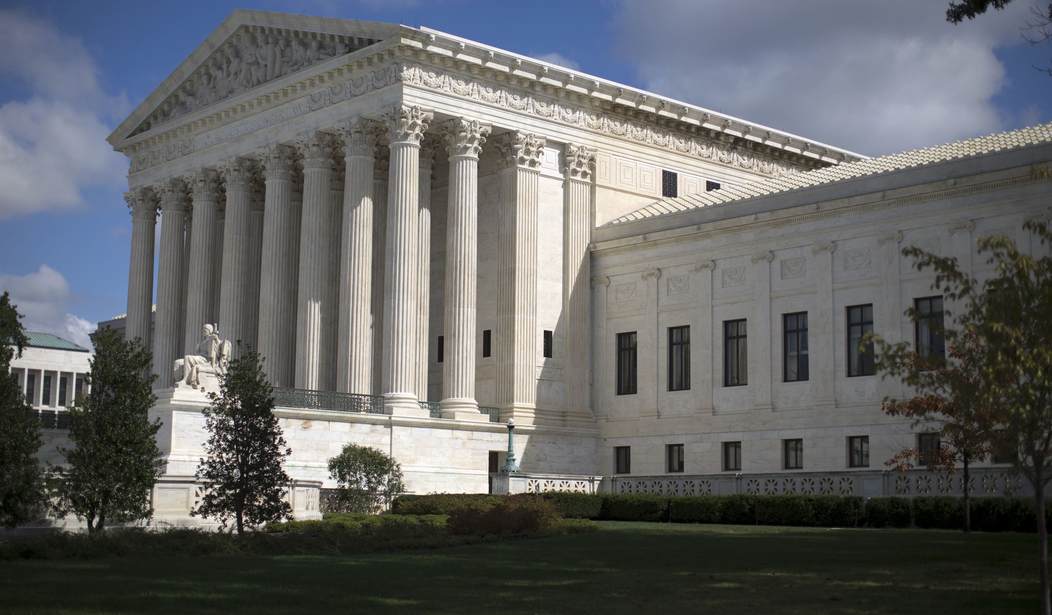Elections matter. With a presidential victory comes the right and the responsibility to appoint Supreme Court justices to the court. Today, President Donald Trump will announce his next appointment. His promise to appoint originalist judges helped bring him to office. Instead of allowing the Constitution to become a “living document” drifting on the winds of opinions, an originalist judge is committed to keeping the Constitution an anchor that provides a true north for our country’s laws.
Changing our Constitution is difficult for a reason. To change it easily leaves our freedoms susceptible to the whims of context and emotion. The Constitution is not there to protect government from the people, but the people from an overreaching government.
Why appoint an originalist judge? It can be argued that there have been many questionable decisions by the Supreme Court over the years, but it was a majority of liberal Supreme Court justices that made two decisions seriously putting our freedoms at risk.
In 1944, the Supreme Court, in Korematsu v. United States, upheld the internment of Japanese Americans during World War II. They found that the need to protect against espionage outweighed the individual rights of certain American citizens. One can understand the emotion behind such a decision in times of war, but letting context negate key rights is a dangerous precedent. Thankfully, we have apologized to our citizens of Japanese descent, but making the Constitution a “living document” subject to contextual interpretation puts all our rights at risk to the prevailing emotions and needs of the time.
In 1927, in Buck v. Bell, the Supreme Court by an 8-1 decision, written by Justice Oliver Wendell Holmes, upheld the forced sterilization of those with intellectual disabilities "for the protection and health of the state." Justice Holmes ruled that "society can prevent those who are manifestly unfit from continuing their kind" and ended the opinion by declaring that "three generations of imbeciles are enough." This degrading decision was allowed to stand as “good law.”
Recommended
Supreme Court Justice Anthony Scalia, in a speech at Chapman Law School in 2005, said, “If you’re going to be a good and faithful judge, you have to resign yourself to the fact that you’re not always going to like the conclusions you reach. If you like them all the time, you’re probably doing something wrong.”
In a 2006 Federalist Society lecture, Scalia warned about the “Flexibility” of a “living” Constitution: “That’s the argument of flexibility and it goes something like this: The Constitution is over 200 years old and societies change. It has to change with society, like a living organism, or it will become brittle and break. But you would have to be an idiot to believe that. The Constitution is not a living organism, it is a legal document. It says something and doesn’t say other things.”
Even with the right temperament and sound intellect, it must be difficult for any judge to keep their own biases from impacting decisions. But any judge convinced that the Constitution is a “living document” would have a far easier time justifying a new interpretation to fit their views and the times. Take into account precedent but keep the Constitution your north star.
May our new Supreme Court Justice embrace a humility that every judge should possess. Justice Scalia, in his 1996 dissent in United States v. Virginia, warned judges and politicians: “It is one of the unhappy incidents of the federal system that a self-righteous Supreme Court, acting on its members’ personal view of what would make a ‘more perfect union’ (a criterion only slightly more restrictive than a ‘more perfect world’) can impose its own favored social and economic dispositions nationwide.”
May every Supreme Court justice appointed by any president bring a sense of humility and respect for the Constitution they are called to uphold.

























Join the conversation as a VIP Member